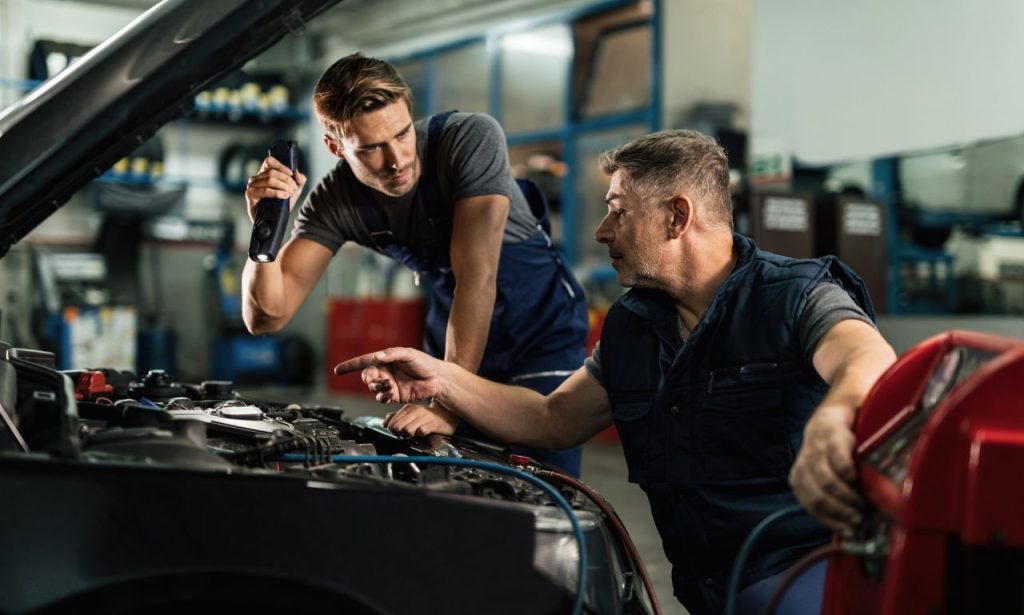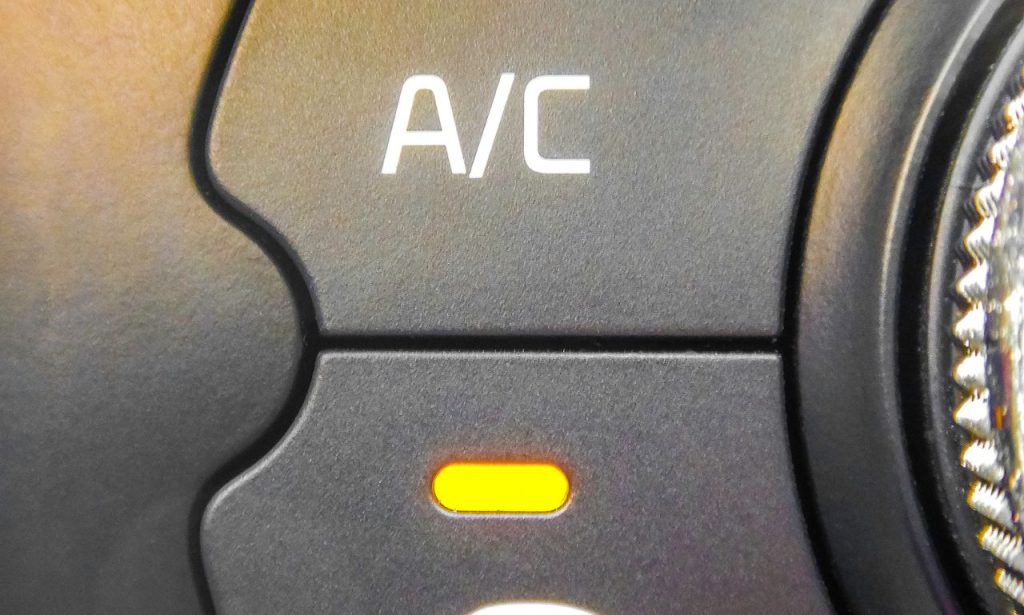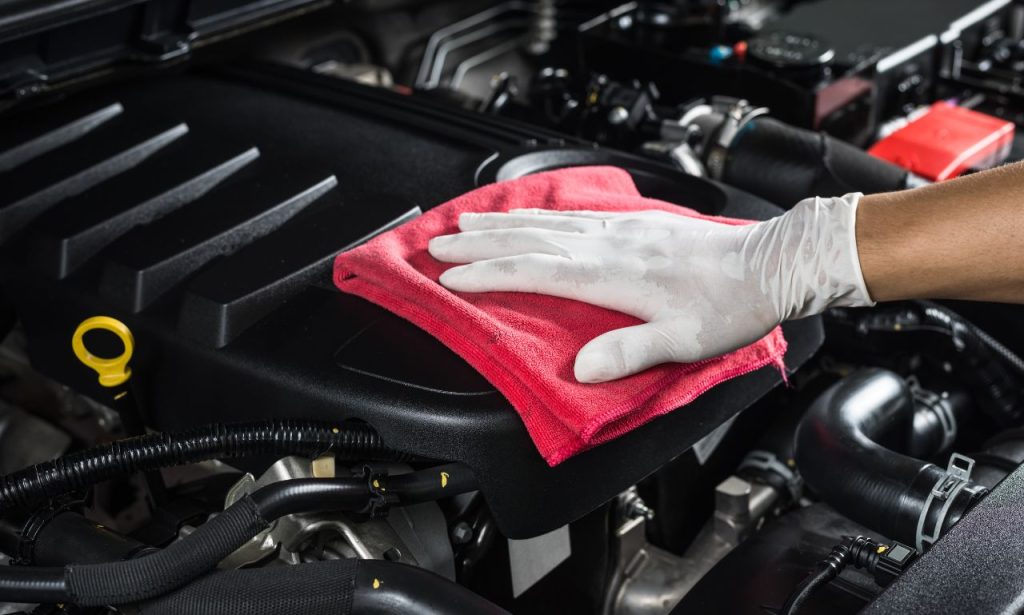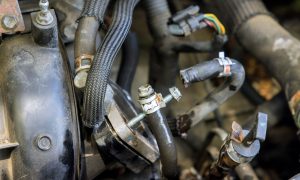Have you ever wondered, “Does a car blow hot air when the AC is off?” This is a common issue that many car owners face, especially during the warmer months. Understanding why this happens and how to prevent it can save you from discomfort and potential damage to your vehicle. In this article, you’ll explore the common causes, preventive maintenance tips, and solutions for when your car blows hot air even when the AC is off. We’ll delve deep into each aspect, providing you with a thorough and comprehensive guide to ensure your car’s air conditioning system runs smoothly.
Common Causes of a Car Blowing Hot Air When the AC is Off
Refrigerant Leak
A refrigerant leak is one of the primary reasons your car might blow hot air when the AC is off. The refrigerant is a crucial component in the air conditioning system, responsible for absorbing heat and providing cool air. Over time, leaks can occur due to wear and tear or damage to the system. When the refrigerant levels drop, the system fails to cool the air effectively, leading to hot air blowing through the vents.
Identifying a Refrigerant Leak
- Visible signs: Look for any oily residue around the AC components, particularly near the compressor and hoses.
- Performance issues: Notice if the AC takes longer to cool the car or if the cool air is not as cold as it used to be.
- Hissing sound: A hissing noise when the AC is running can indicate a refrigerant leak.
Faulty Compressor or Compressor Clutch

The compressor and its clutch play a vital role in the AC system by pressurizing the refrigerant and circulating it through the system. A faulty compressor or clutch can lead to the system failing to cool the air, causing hot air to blow from the vents even when the AC is off.
Symptoms of a Faulty Compressor
- No cool air: The most obvious sign is the lack of cool air when the AC is turned on.
- Strange noises: Listen for grinding or squealing noises when the AC is running.
- Compressor clutch not engaging: If the clutch doesn’t engage, the compressor won’t function, leading to hot air.
Blocked Air Vents
Blocked or obstructed air vents can also cause your car to blow hot air. Dust, debris, and other particles can accumulate in the vents, restricting airflow and preventing the AC system from cooling the air properly.
How to Check for Blocked Air Vents
- Visual inspection: Look inside the vents for any visible blockages.
- Airflow test: Turn on the AC and feel the airflow. If it’s weak or uneven, there might be a blockage.
- Cleaning: Use a vacuum with a brush attachment to clean the vents.
Faulty Thermostat
A faulty thermostat can lead to incorrect temperature regulation within the AC system. If the thermostat is not working correctly, it might not signal the system to cool the air, causing hot air to blow from the vents.
Diagnosing a Faulty Thermostat
- Inconsistent temperatures: Notice if the temperature fluctuates while using the AC.
- Error codes: Some modern cars will display error codes related to thermostat issues on the dashboard.
Faulty Blower Motor
The blower motor is responsible for pushing air through the vents. If the blower motor is faulty, it might not push enough air through the system, resulting in hot air blowing from the vents.
Signs of a Faulty Blower Motor
- Weak airflow: Reduced airflow from the vents can indicate a problem with the blower motor.
- No air movement: If there is no air coming from the vents at all, the blower motor might have failed completely.
- Unusual noises: Listen for any unusual noises when the blower motor is running.
Preventive Maintenance to Avoid Hot Air from the Car AC
Regularly Check Refrigerant Levels
Keeping your refrigerant levels in check is essential for the optimal performance of your AC system. Regularly inspecting and refilling the refrigerant can prevent leaks and ensure the system cools the air effectively.
Clean Air Filters
Dirty air filters can obstruct airflow and reduce the efficiency of your AC system. Regularly cleaning or replacing the air filters can help maintain proper airflow and prevent hot air from blowing through the vents.
Check and Clean Ventilation System
A clean and well-maintained ventilation system is crucial for the proper functioning of your AC. Regularly checking and cleaning the vents and ducts can prevent blockages and ensure efficient airflow.
When to Seek Professional Help

While some maintenance tasks can be performed at home, there are times when professional help is necessary. If you notice persistent issues with your AC system, such as no cool air, unusual noises, or inconsistent temperatures, it’s time to seek professional assistance. A certified mechanic can diagnose and fix the underlying issues, ensuring your AC system functions efficiently.
Cost of Fixing a Car AC Blowing Hot Air
The cost of fixing a car AC that blows hot air can vary depending on the underlying issue. Here’s a rough estimate of potential costs:
| Issue | Estimated Cost |
| Refrigerant Leak | $150 – $300 |
| Replacing Compressor | $500 – $1,200 |
| Fixing Blocked Air Vents | $100 – $200 |
| Replacing Thermostat | $200 – $400 |
| Repairing Blower Motor | $150 – $300 |
These costs can vary based on your location, the make and model of your car, and the labor rates of the service center.
Conclusion
Understanding why a car blows hot air when the AC is off is crucial for maintaining your vehicle’s comfort and efficiency. By identifying common causes such as refrigerant leaks, faulty compressors, blocked air vents, faulty thermostats, and blower motors, you can take preventive measures to avoid such issues. Regular maintenance, including checking refrigerant levels, cleaning air filters, and inspecting the ventilation system, can go a long way in ensuring your AC system functions properly. When in doubt, don’t hesitate to seek professional help to diagnose and fix any persistent problems.
ALSO READ; Why Does My Car Smell Like Popcorn?
FAQs
A recharge might not address underlying issues such as leaks, faulty compressors, or blocked air vents. It’s essential to diagnose the root cause of the problem.
Yes, a clogged cabin air filter can restrict airflow, causing the AC to blow hot air. Regularly cleaning or replacing the cabin air filter can prevent this issue.
It’s recommended to have your car’s AC system serviced at least once a year to ensure optimal performance and prevent issues such as blowing hot air.
Signs of a failing AC compressor include no cool air, strange noises, and the compressor clutch not engaging. If you notice these symptoms, it’s time to have the compressor checked by a professional.
Yes, if the engine is overheating, it can affect the AC system and cause it to blow hot air. Addressing the engine overheating issue can resolve the AC problem.





